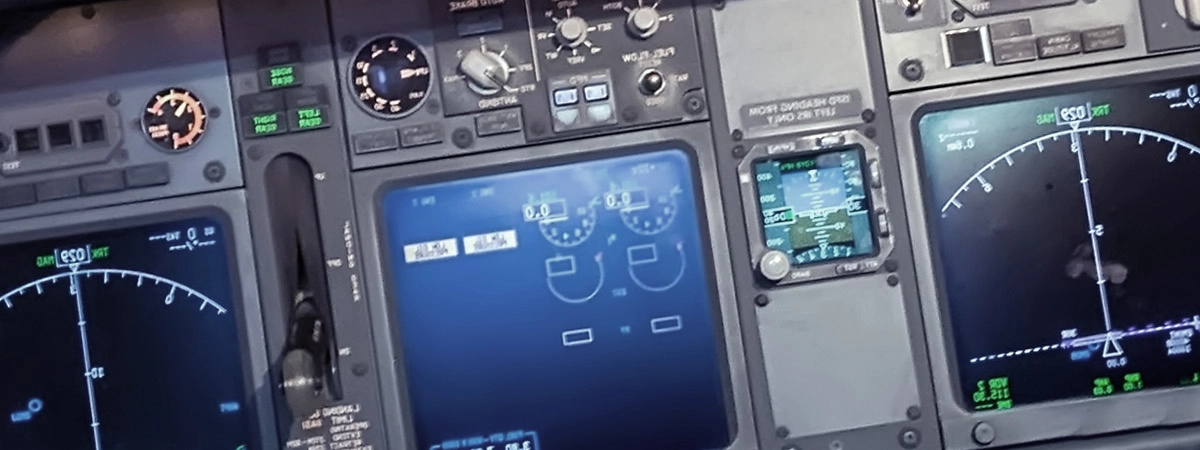IEC 61097-6 MF/HF DSC Radio Equipment Testing
The International Electrotechnical Commission (IEC) standard IEC 61097-6 is a critical benchmark for the design, testing, and certification of Marine Frequency (MF) and High Frequency (HF) Digital Selective Calling (DSC) radio equipment used in maritime communications. This standard ensures that all DSC radio devices meet stringent safety and performance criteria necessary to function reliably under challenging marine environments.
The MF/HF DSC radios are essential for ship-to-ship, shore-to-ship, and satellite communication systems. They play a crucial role in providing distress alerts, safety information, and operational coordination among vessels and maritime authorities. Compliance with IEC 61097-6 is mandatory for all vessels operating under the International Maritime Organization (IMO) regulations.
The testing process outlined in this standard involves several stages to ensure that the DSC radio equipment meets the required performance characteristics. These include:
- Electrical and mechanical integrity checks
- Distress call transmission test
- Response time verification
- Satellite communication compatibility assessment
- Environmental stress testing for durability in harsh marine conditions
The importance of this standard cannot be overstated, as it directly impacts the safety and efficiency of maritime operations. Any failure in DSC radio equipment can lead to serious consequences, including lost lives and significant financial losses due to operational disruptions.
Our laboratory uses state-of-the-art testing facilities equipped with advanced instrumentation to simulate real-world conditions that a MF/HF DSC radio might encounter. This includes temperature variations, humidity levels, salt spray exposure, and electromagnetic interference (EMI) environments. Our team of highly qualified engineers meticulously follow the prescribed test procedures to ensure accurate and reliable results.
By adhering to IEC 61097-6 standards, manufacturers can demonstrate compliance with international regulations and gain a competitive edge in the global maritime market. This not only enhances their reputation but also ensures that their products are safe and effective for use by regulatory bodies such as the IMO.
Why It Matters
The reliability of MF/HF DSC radio equipment is paramount in ensuring safe and efficient maritime operations. Given the critical role these radios play, any failure can lead to severe consequences such as lost lives and significant financial losses due to operational disruptions.
- Customer Impact: Reliable communication ensures that ships can quickly respond to distress calls, enhancing safety for crew members and passengers.
- Satisfaction: Compliance with IEC 61097-6 standards guarantees that the equipment meets international regulations, thereby satisfying regulatory bodies like the IMO.
The standard's stringent requirements ensure that the DSC radio equipment is robust enough to withstand harsh marine environments, which is crucial for maintaining operational integrity in challenging conditions. This not only enhances safety but also supports sustainable maritime practices by minimizing the risk of accidents and environmental impacts.
Customer Impact and Satisfaction
The MF/HF DSC radio equipment tested under IEC 61097-6 contributes significantly to customer satisfaction by ensuring that all units are reliable, safe, and compliant with international standards. This testing process directly impacts the safety of crew members, passengers, and vessels, which is a top priority for any maritime operation.
- Customer Impact: Reliable communication ensures timely distress alerts, thereby enhancing safety in case of emergencies.
- Satisfaction: Compliance with IEC 61097-6 standards provides peace of mind to operators knowing that their equipment meets the highest international safety and performance criteria.
Our testing process ensures that the DSC radio equipment is not only reliable but also durable, which can significantly extend its operational life. This reduces maintenance costs and downtime, leading to increased customer satisfaction.
Environmental and Sustainability Contributions
The MF/HF DSC radio equipment tested under IEC 61097-6 contributes positively to environmental sustainability by enhancing maritime safety and reducing the risk of accidents. Accidents at sea can lead to significant environmental damage, including oil spills and pollution.
- Environmental Impact: By ensuring that MF/HF DSC radios function reliably, we minimize the risk of distress calls not being sent promptly or accurately.
- Sustainability Contributions: Reliable communication systems support sustainable maritime practices by reducing the likelihood of accidents and their associated environmental impacts.
The testing process also ensures that the equipment is robust enough to withstand harsh marine environments, which can reduce the frequency of maintenance and replacement. This contributes to reduced waste and a more sustainable approach to maritime operations.





